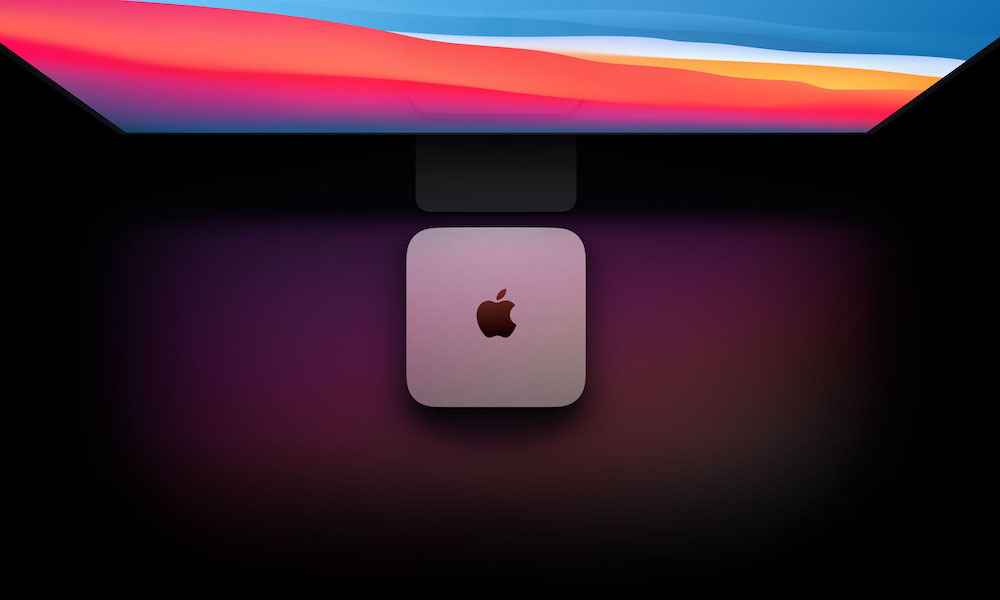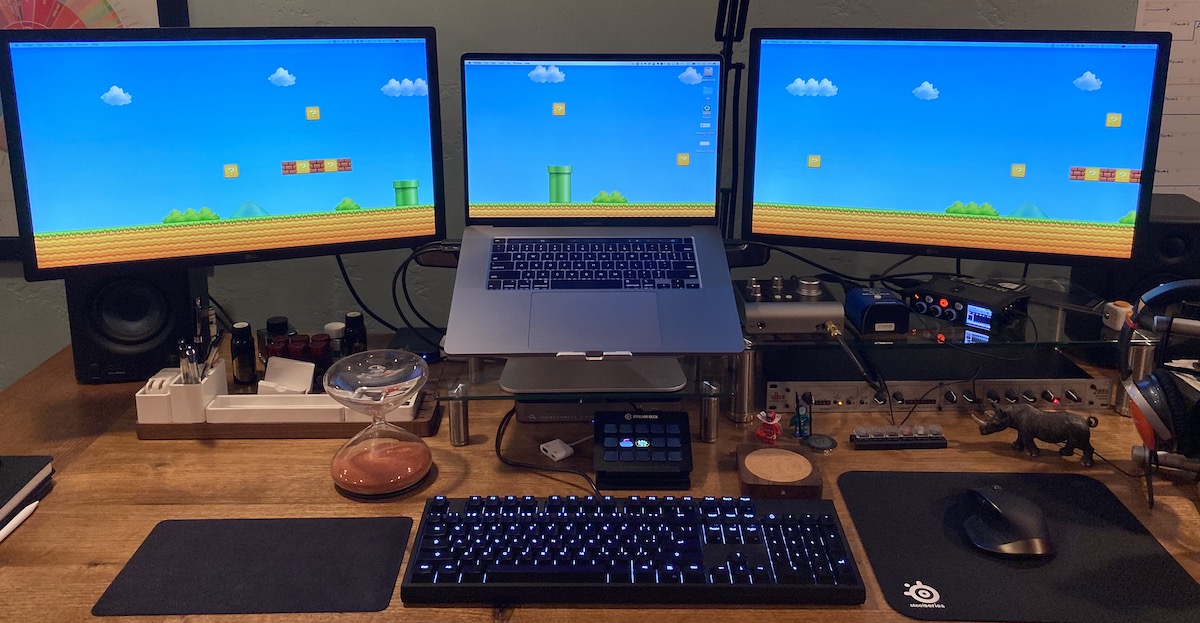

Due to the change to Apple Silicon Chips, any machine running an M1 or M2 Processor are able to run a Windows 11 Virtual Machine with VMware Pro 13.You can find out if your machine has an Intel Processor or an Apple Silicon process at this MIT Knowledge Base article.These new processors do not have the ability to run the Windows OS in either a virtual machine or using the Boot Camp application that can be found on Apple Machines that have an Intel Processor In 2021, Apple began changing the processors installed in their products from Intel to Apple Silicon (also known as M1 or M2).

I am having issues running/installing VMware on my Mac with an M1/M2 processor.


The support post also calls out a minor item that I noticed earlier in the Deprecated features for Windows client list: support for 32-bit ARM UWP apps. Perhaps that will come at some future date (maybe with an easier way to install Windows 11 that doesn’t involve creating your own Windows 11 ARM64 media)? Interestingly, this does not include support for VMware Horizon. This article goes on to describe the limitations in this setup (no support for nested virtualization and technologies that use it, no support for DirectX 12), but these are not showstoppers for most people looking to use their M1/M2 Macs to run Windows 11. Parallels® Desktop version 18 is an authorized solution for running Arm® versions of Windows 11 Pro and Windows 11 Enterprise in a virtual environment on its platform on Apple M1 and M2 computers. Options for using Windows 11 with Mac® computers with Apple® M1® and M2™ chips With a support article published recently, Microsoft has now “annointed” Parallels Desktop as an “authorized solution” for doing this: But Microsoft’s position was always that these were unsupported solutions that you could use at your own risk. I’ve written about my experiences with running Windows 11 for ARM64 on the newer ARM-based Mac devices from Apple, using both Parallels Desktop and VMware Horizon.


 0 kommentar(er)
0 kommentar(er)
